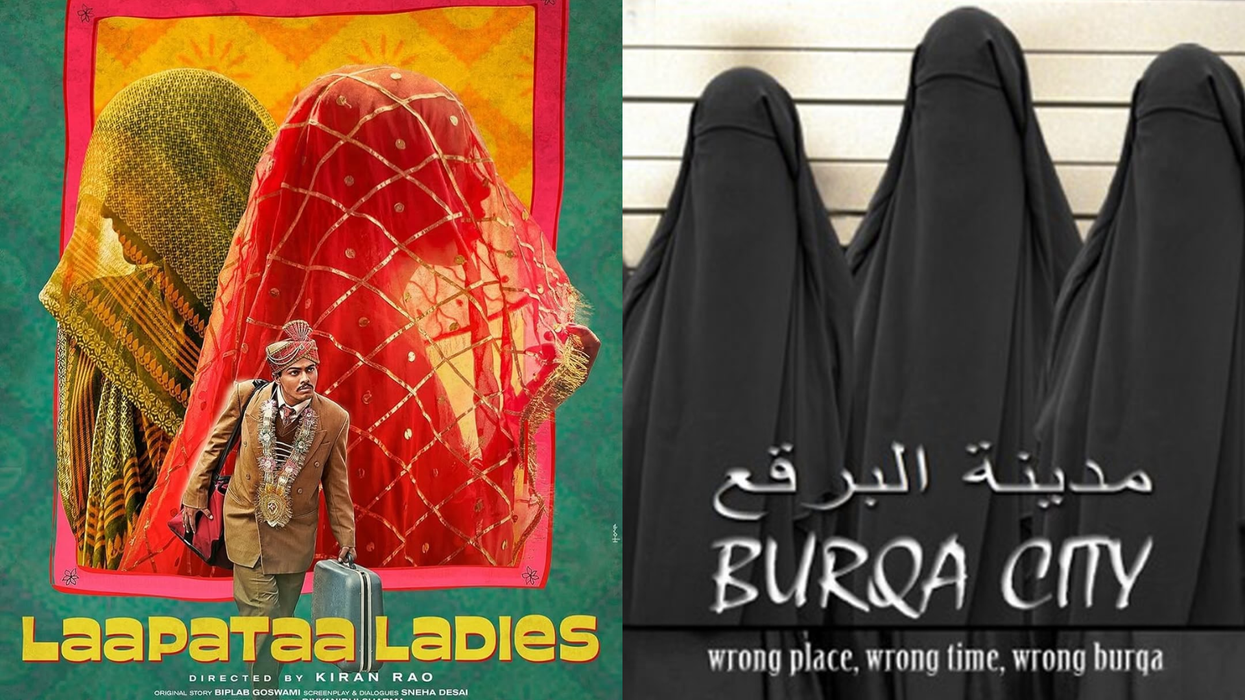Kiran Rao’s Laapataa Ladies, which received critical acclaim and was selected as India’s official entry for the 2025 Oscars, is now facing accusations of plagiarism. A viral video circulating on social media has drawn comparisons between Rao’s film and Burqa City, a 2019 Arabic short film by French filmmaker Fabrice Bracq.
What’s the controversy?
The debate started when social media users noticed similarities between the two films. In Burqa City, a newlywed man mistakenly takes home the wrong burqa-clad woman due to an identity mix-up. Laapataa Ladies follows a similar plotline but with brides in traditional ghoonghat. A key scene being debated online features a man approaching a police officer with a photo of his veiled wife, which happens in both films with strikingly similar reactions from the officers.
Many users expressed disappointment, questioning the originality of Bollywood films. Comments ranged from calling Laapataa Ladies a “cut, copy, and paste” project to frustration over Bollywood’s history of drawing from international cinema without acknowledgement. Some also pointed out that the film had changed the cultural context from Muslim burqas to Hindu ghoonghats to better suit Indian audiences, leading to accusations of narrative manipulation.
Not the first time
This isn’t the first plagiarism accusation against Laapataa Ladies. In 2024, veteran actor-director Ananth Mahadevan claimed that the film bore strong similarities to his 1999 television film Ghoonghat Ke Pat Kholi, which also featured two brides being mistakenly swapped during a train journey. Several viewers recalled the Doordarshan series with a similar premise from the late 90s, adding further fuel to the debate.
Industry reactions & responses
Despite the growing controversy, neither Kiran Rao nor Aamir Khan Productions have addressed the allegations. The film had been praised for its commentary on women’s identities and societal norms, but the plagiarism debate now casts a shadow over its achievements.
The discussion has also reached tech platforms, with an X user even asking Elon Musk’s AI chatbot Grok about the allegations. Grok reportedly acknowledged the similarities, adding another layer to the online debate.
What’s next?
While social media continues to debate whether this is inspiration or imitation, the industry awaits an official response. Will Laapataa Ladies stand by its originality, or will the filmmakers acknowledge any influence? The controversy has put a spotlight on Bollywood’s long-standing issue with originality, and how filmmakers navigate these allegations in the digital age remains to be seen.





